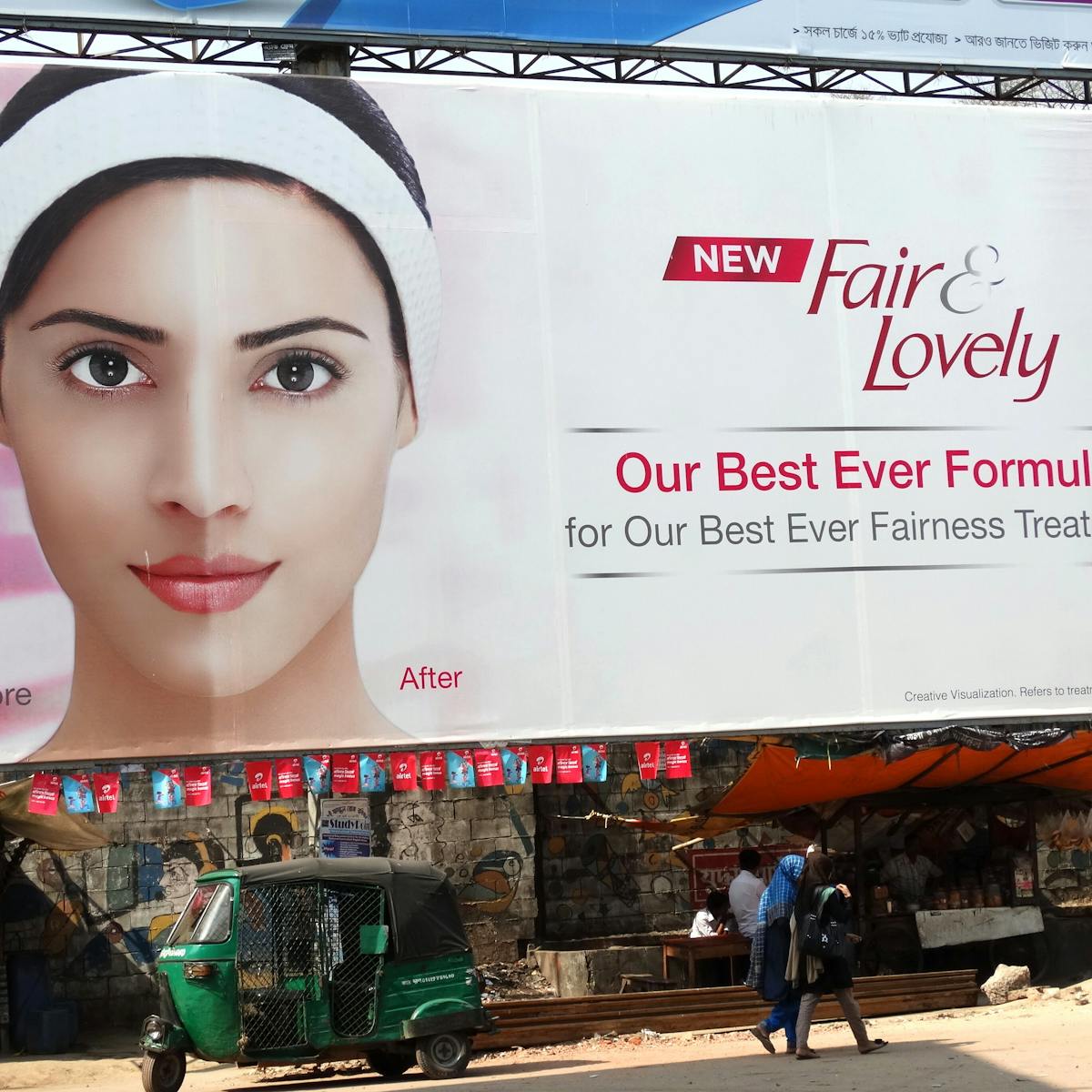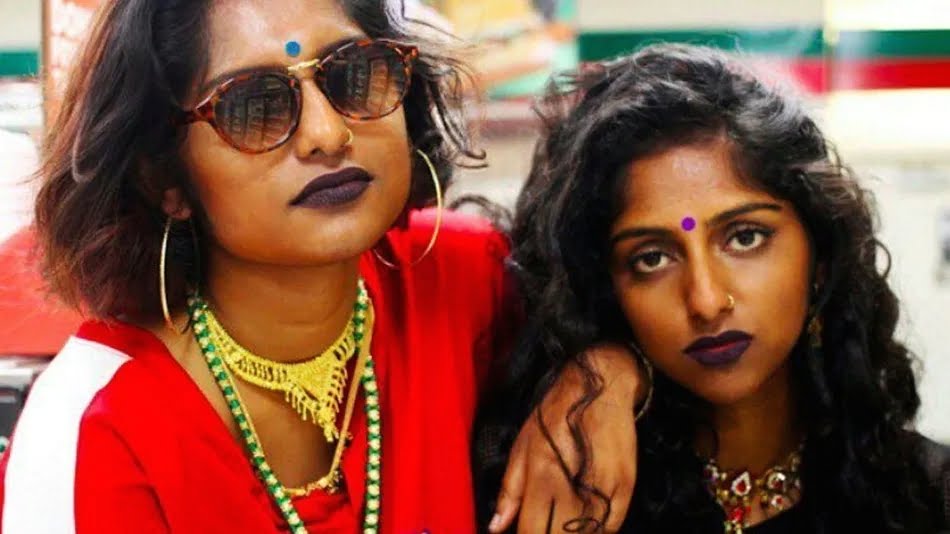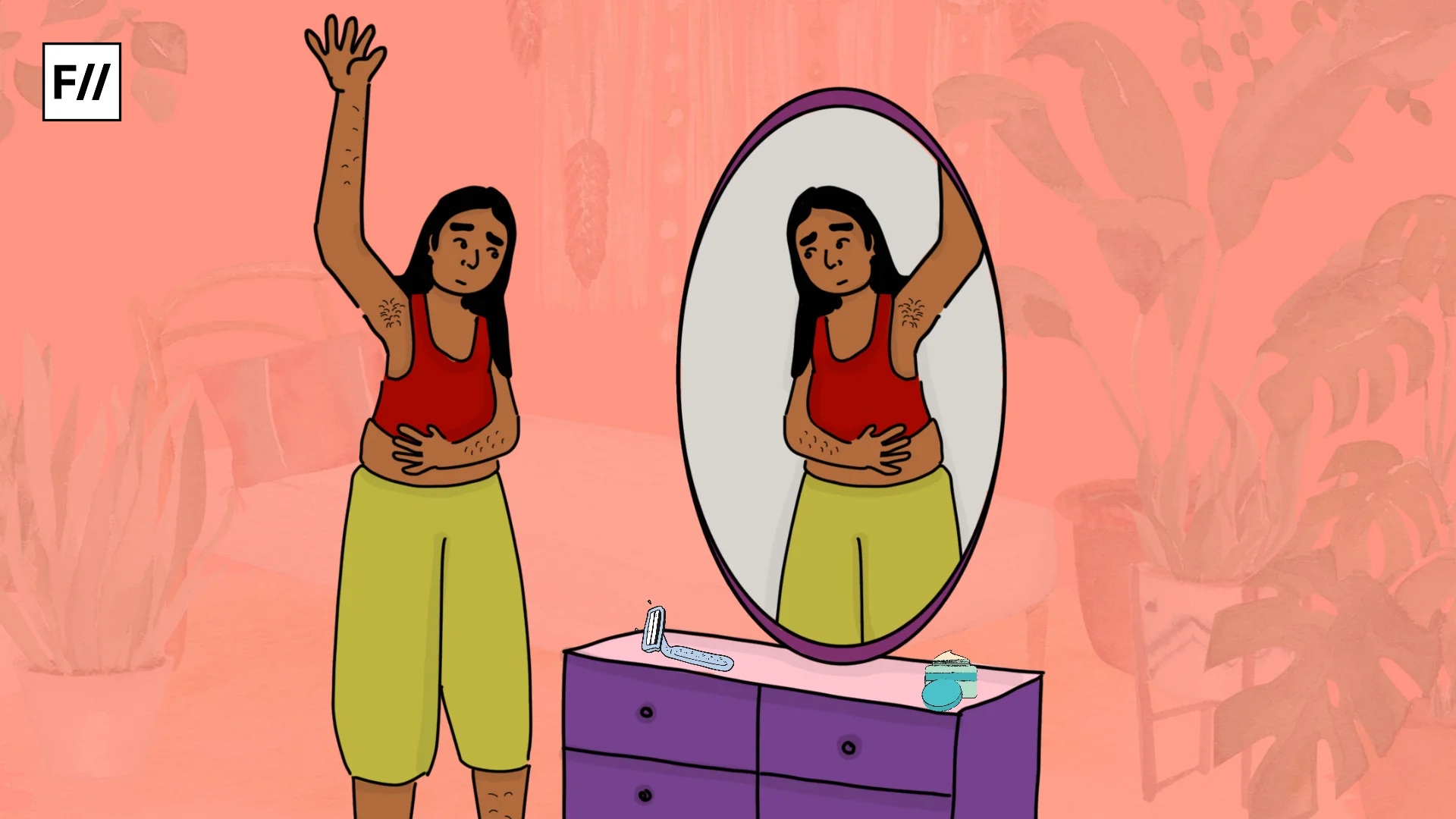In 2020, the widely popular face cream brand, Fair and Lovely, changed its name to Glow and Lovely. It seems like the Black Lives Matter movement that followed George Floyd’s murder by the Minneapolis police struck the conscience of many, who called out Indians’ obsession with fair skin more vigorously now than ever. We all have grown up watching advertisements that showed us how fair-skinned, perfectly shaped women managed to excel at everything in life. Which is why I thought it was time to put my life experience of having been discriminated against on the basis of my dark skin, into words. In a society that is not so welcoming towards women who do not fit into its ‘pretty girl’ template, the discrimination is so normalised that people who are part of the problem hardly notice.

Also read: Un-Fair And Not So Lovely: Capitalism And Colourism In India
My mother is of a darker skin tone as compared to my father, for which she found herself at the centre of many snide remarks. Women with dark skin that I have known and have been acquainted with would often mention how their mothers would force them to apply face packs or stopped them from playing in the sun, so that “they don’t get darker”. In my case, my mother knew better than ever forcing me to try any such things. She would get angry whenever our extended relatives made remarks about my skin tone and her famous dialogue would be: “Gor aadmi ke light na jalawe me parela ka anhaar mai.” (Are the fair people capable of illuminating the room in the dark?)
Even though my immediate family did not discriminate between my sister and my skin colour, the constant comparisons from the not-very-close ones as well as my own perceptions of having dark skin as compared to my sister often left me jealous.
Even though my immediate family did not discriminate between my sister and my skin colour, the constant comparisons from the not-very-close ones as well as my own perceptions of having dark skin as compared to my sister often left me jealous. My sister was always understanding of how I felt though. As I look back to the times when she was alive, I realise she was the first person to make me feel comfortable in my skin. I don’t know how skin colour-based discrimination can be so deeply ingrained in us that even children at a very young age talk about it. My own niece with a speech and hearing disability, and uses sign language to speak to us, would show thumps up sign when the person has fairer skin and thumbs down when the person is darker.
Talking about kids, during a visit to one of my school friend’s house, I listened to the rhymes of the popular ‘Nani teri morni ko mor le gaya, baki jo bacha tha kaala chor le gaya’, the reference of the thief as a dark-skinned man speaks a lot about the subtle ways of stigmatising people with dark colour.
The groom arrived, and he is fair!
I had my own share of ordeals while entering into arranged marriage. Yes, I had a boyfriend and the relationship failed. One thing that remained with me is his statement, “You have good features, if only you were fair-skinned, guys would have fallen for you”. Coming to terms with my arranged marriage, I met few men, no one directly mentioned my dark skin but often that was the case of rejection. However just like my mother, I was destined to be married to a fair-skinned man, the one person who never mentioned about my skin colour. Though it was arranged, my husband and I met first before our families met and it was solely on us to decide whether to go ahead with the marriage.
Yes, I had a boyfriend and the relationship failed. One thing that remained with me is his statement, “You have good features, if only you were fair-skinned, guys would have fallen for you”. Coming to terms with my arranged marriage, I met few men, no one directly mentioned my dark skin but often that was the case of rejection.
On the day of the wedding, it is usually the brides who look more beautiful than the grooms, however, in my case it was the groom who looked better. So when the baraat arrived at my home, women started raving about the good looks of the groom, to which one of my kind aunts in the neighbourhood responded, our bride is beautiful too.
When I visited my in-laws’ place in Bihar, the women who had come to see me were reminded by my mother-in-law that “the bride is dark-skinned”.

Dark skin and make up
Because I hate applying anything on my face that makes me look fairer, I intensely disliked my look on my wedding day, perhaps that is one of the reasons I am yet to get hard copies of the pictures of our wedding day yet. It is not like I am against using make-up at all. In my own little ways of rebellion against society’s obsession with fair skin, all the make up I wanted was a face cream that would not make my skin very oily. After many trials, I found the solution in lacto-calamine during summers and during winters I add some cold cream to it. I realised I had come to nurture a deep and comfortable relationship with my dark skin tone now.
Also read: Yami Gautam: The Fair Face Of A Dark Narrative
While it took me time to accept myself for who I was, I remember never making an effort to look fairer than I was. To those who’d rebuke me, reminding me to carry an umbrella or apply some sunscreen in the hot summer sun, I would say, ‘Iss se jyada kala kya höga mera skin’ (I can’t get more darker than what I am.)
Reading experiences, discussions, watching videos and talking to friends, family and colleagues over the years, made me more comfortable over time in accepting my dark skin tone.
I am pursuing PhD at Tata Institute of Social Sciences, Guwahati Campus in the state of Assam. The everyday experience with mobile phone fascinates me, the interest in the topic has led me to notice people’s behaviour with their phones in public and private spaces. Writing PhD, has made me introspect my own lived experiences. Cooking, walking and writing for self keeps me sane.
Featured Image Credit: Unfair and Lovely by Pax Jones





Such a refreshing read and thank you for reminding us how colonial hangover still exist within us